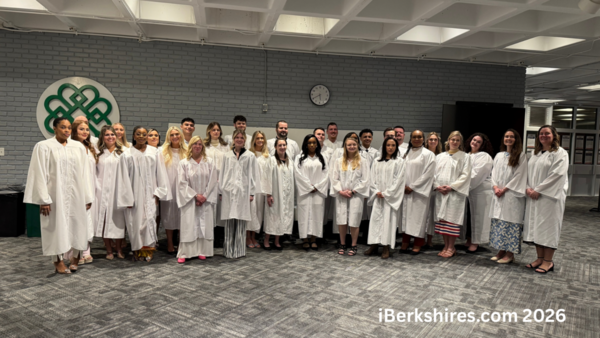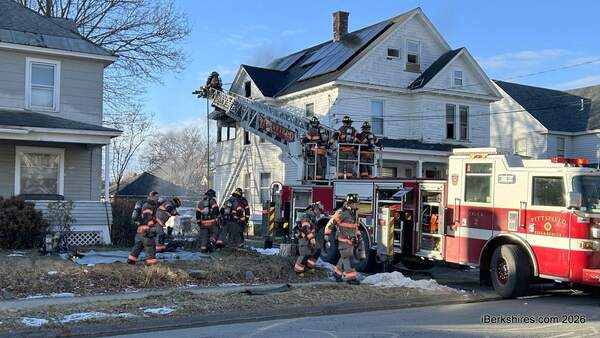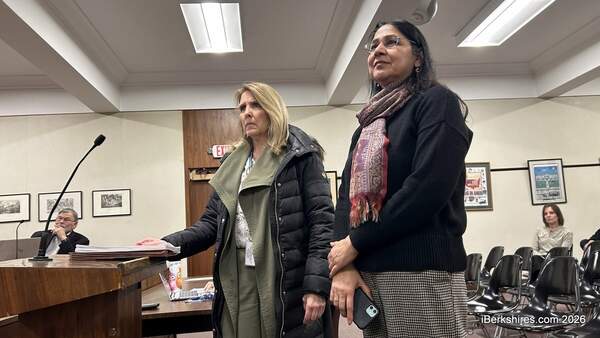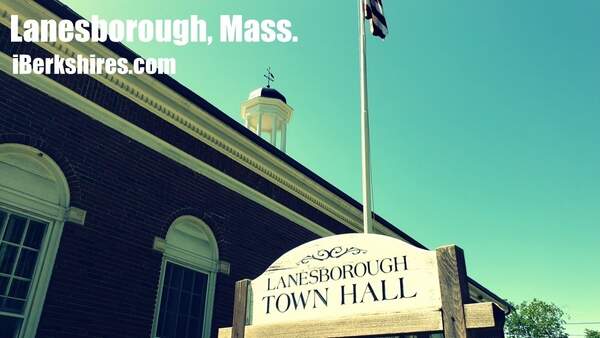Letter: Ordinance Would Address Police Negligence
 |
To the Editor:
I want to thank the Pittsfield City Council Ordinance and Rules committee for hearing my two petitions, which would require the police to intervene when another police officer is perpetrating illegal violence against the public, and my other petition creating a duty to report such incidents codified in an ordinance instead of it being an informal police policy subject to change. I have a high opinion of the council, the chief, and the acting city solicitor.
As noted by the Congressional Research Service, "Incidents involving the use of force by law enforcement, such as the 2020 death of George Floyd and the 2023 death of Tyre Nichols, have raised questions regarding how existing law regulates the conduct of police officers."
In a short letter to the editor, I cannot delve into all the differences between my proposed local ordinance and that of state law. I presented a lengthy legal opinion, and the acting city solicitor did not disagree in his written opinion, that my proposed ordinance was not pre-empted by state law. One of the major differences between my proposed ordinance and the recently enacted state law has to do with an exception wherein a police officer need not intervene if he feels he would put himself in harm's way.
My proposed ordinance reads, "It shall be the duty of any on duty Pittsfield Police Officer to intervene when a police officer in their vicinity, (be they from the Pittsfield Police Department, another municipality's police department, Massachusetts State Police, or federal law enforcement), engages in unlawful violence against any person so as to result in bodily injury or substantial physical pain."
The recently passed state law (Mass. Gen. Laws ch. 6E § 15) reads in part, "An officer present and observing another officer using physical force, including deadly force, beyond that which is necessary or objectively reasonable based on the totality of the circumstances, shall intervene to prevent the use of unreasonable force unless intervening would result in imminent harm to the officer or another identifiable individual." (Because state troopers and FBI agents are not usually considered "officers," my duty to intervene casts a wider scope and does not merely apply to fellow Pittsfield Police Officers' unlawful violence.)
At the O&R meeting, community activist Shirley Edgerton correctly worried about this Uvalde-type exception wherein police officers did not intervene when a shooter was killing children because "intervening would result in imminent harm to the officer." Instead of risking their lives, the police officers let the children be shot. As horrific as that incident was, it is arguably worse when police refuse to intervene to prevent similar harm caused by one of their own. A legal argument was made that requiring the police to risk life and limb to protect the public would be unconstitutional, but I am unaware of case law holding such. No actual case in support of this proposition was submitted orally or in writing.
Suppose a Tyre Nichols or George Floyd scenario happened in Pittsfield. Under the recently passed Massachusetts state law, fellow police might argue that they did not intervene, because the police officer that was injuring the citizen was so stark raving mad that he might turn their violence on the potentially intervening officer. With George Floyd they might argue that the nearby crowd was getting too rowdy to make intervention safe. This is where the problem occurs —when you have an "imminent harm to the officer" exception, the exception can be applied to swallow the rule.
At the last meeting of the full council, Elina Estrella (sister of Miguel Estrella who was shot by police), worried about qualified immunity preventing police accountability. Qualified immunity protects the police from lawsuits alleging that the police officer violated a citizen's rights, only allowing suits where officials violated a "clearly established" statutory or constitutional right. When the police officer has an exception wherein they do not have to intervene when "intervening would result in imminent harm to the officer," it cannot usually be said there is a "clearly established" statutory right for the citizen to be protected, for the police officer usually can make a case that they did not intervene out of fear of being harmed by the fellow officer who was in a state of rage.
Under my proposed statute, however, there is a clearly established statutory duty to intervene and qualified immunity would be much harder to establish. The police officer signed up to put his/her life and limb on the line to protect the life and limb of the public. My proposed ordinance exacts that standard. Not only would my proposed ordinance make it easier to bring a federal or state civil rights action, but it would also make it easier to bring a lawsuit under a traditional negligence theory. It is settled law that when a person violates a local ordinance, and the type of injury and the person injured was the very thing the ordinance was designed to protect, liability under a theory of negligence may lie.
It is my respectful hope that I might be able to change the minds of those that sat on Ordinance and Rules when the petition goes back to the full council, and that I might have the support of those that were not on Ordinance and Rules.
Rinaldo Del Gallo III
Pittsfield, Mass.
The author is a local attorney.















